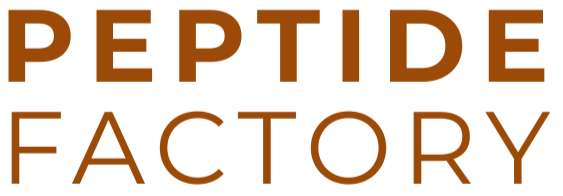Peptides vs. Proteins: What’s the Difference?
Share
Peptides and proteins are often mentioned in the same breath - but they’re not the same thing. Both are made of amino acids and both play essential roles in health. So, what’s the difference, and why does it matter for your supplements?
Proteins: The Big Builders
Proteins are long chains of amino acids folded into complex structures. They form the foundation of muscles, enzymes, and many of the body’s vital functions. When you eat protein-rich foods or shakes, your body breaks them down into amino acids for use in growth and repair.
Peptides: The Small Messengers
Peptides are much smaller - shorter chains of amino acids. Because of their size, they’re often easier for the body to absorb and can act more directly as messengers. Peptides may signal cells to produce collagen, repair tissue, or regulate hormones.
Why This Difference Matters
- Absorption: Peptides are absorbed faster than full proteins.
- Function: Proteins build and repair; peptides often signal and regulate.
- Supplementation: Proteins (like whey) are great for muscle mass. Peptides are often used for skin, recovery, metabolism, and longevity.
When to Choose Peptides vs. Proteins
- Choose protein powders when your goal is muscle growth, satiety, or general nutrition.
- Choose peptide supplements when you want more targeted benefits like collagen for skin or specific peptides for recovery.
Conclusion
Both proteins and peptides have their place in a balanced wellness routine. Understanding the difference helps you make smarter supplement choices for your goals.
